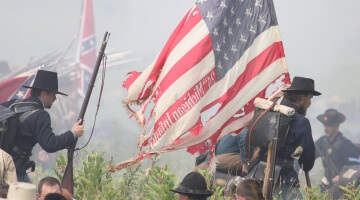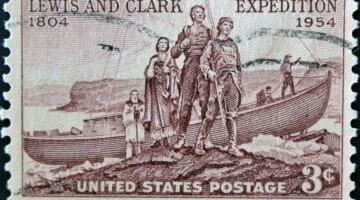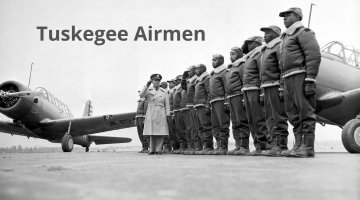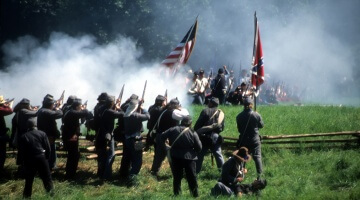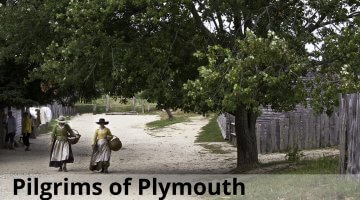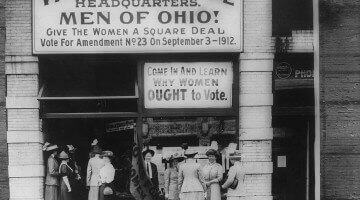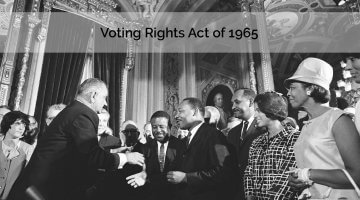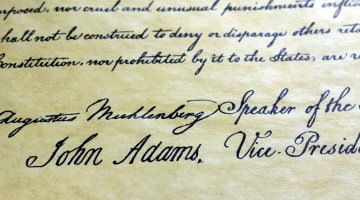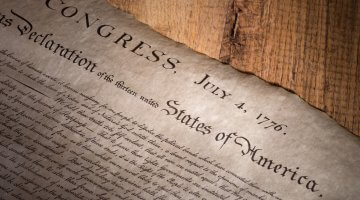Often described as the Civil War’s turning point, the Battle of Gettysburg took place on July 1-3, 1863, in the town of Gettysburg, Pennsylvania. It was an extremely bloody battle, in the midst of an extremely bloody war. But in …[Continue]
Lewis and Clark
Meriwether Lewis and William Clark’s trailblazing expedition departed from St. Louis 201 years ago, on May 14, 1804. In a span of twenty-eight months, they covered 8,000 miles, journeying to the Pacific Ocean and back again….[Continue]
Trains
In 1830 there were only twenty-three miles of railroad in the United States. This number grew to 30,000 miles of track by 1860. Trains hold a mystique and fascination for many: the romance of leisurely travel, the thrill of building …[Continue]
Tuskegee Airmen
On July 19, 1941, the U.S. Air Force began a program in Tuskegee, Alabama to train black Americans as military pilots. At the time, the Army was segregated, and only whites were allowed to fly. In the five years that …[Continue]
Civil War
More than 620,000 Americans died in the Civil War (1861-1865), more than any other war in American history. The North prevailed over the South, but the grief and bitterness caused by the war casualties and injuries healed very slowly. Learn …[Continue]
Pilgrims of Plymouth
The Pilgrims were a English Separatist congregation that emigrated to Holland in 1608 to escape religious persecution. Twelve years later, discouraged by economic conditions, the congregation voted to move again, this time to America. A small ship, the Speedwell, carried …[Continue]
Women’s Suffrage
Women’s right to vote (known as suffrage) was fought for for more than fifty years, until the Nineteenth Amendment become national law on August 26, 1920. The idea began to gather steam at the 1848 Seneca Falls Convention in New …[Continue]
Voting Rights Act of 1965
On August 6, 1965, President Lyndon Johnson signed the Voting Rights Act into law. Its purpose was to remove legal barriers at the state and municipal levels that prevented Black Americans from voting. Then in 2013, key aspects of the …[Continue]
John Adams
John Adams (October 30, 1735 — July 4, 1826) was the second President of the United States, and America’s first Vice President under George Washington. Adams was a signer of the Declaration of Independence, and an early voice for separation …[Continue]
Declaration of Independence
This week we travel back in American history to the time of thirteen colonies struggling to free themselves from the rule of the British monarch. The story of the creation of the Declaration of Independence is a dramatic one, and …[Continue]
